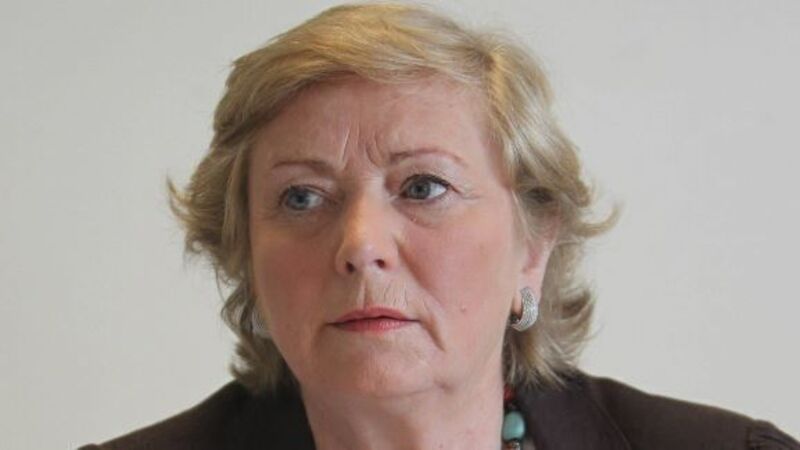Minister eager to ‘meet the needs of young people’

When told that Gordon Jeyes had said, in his personal view, that all but the most serious crimes should be expunged from a child’s criminal record on turning 18, there is a moment’s hesitation.
“I think 18 would probably be, you know, radical,” she says. “I do recognise that some very serious crimes are committed, and some young people end up in detention, very often they are very serious crimes.”













